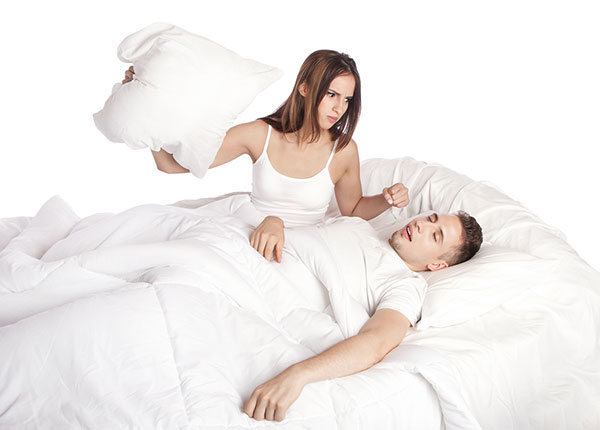Upper Airway Resistance Syndrome
Posted on July 12, 2015 by Dr. Robb Heinrich
Obstructive Sleep Apnea (OSA) was once thought of to be a disease of older overweight men. However, what is often overlooked is the fact that many middle aged women also have sleep apnea like symptoms (snoring, daytime tiredness, morning headaches, poor sleep) but have another Sleep Breathing Disorder called Upper Airway Resistance Syndrome or UARS. Often these patients present with complaints of the aforementioned symptoms along with TMJ (jaw joint discomfort) or facial muscle pain, fatigue, acid reflux and fibromyalgia like symptoms. The typical patient that I see in my office is a middle aged woman that are what most of us would classify as “fit.” These patients may or may not have primary snoring that affects their bed partner (a cardinal sign of obstructive sleep apnea). What happens with these patients is that during the night they have multiple episodes of air flow resistance throughout the night as they sleep but is likely not a complete cessation of breathing like what happens in OSA. This resistance is not as severe as what happens in OSA but enough that it creates a “struggle” for the patient to breathe while the patient sleeps. The body then “fights” the resistance, the brain is aroused, the patient slightly wakes up and this creates poor sleep leading to the tiredness and fatigue. There is often grinding of the teeth known as sleep bruxism that can be associated with UARS so many of these patients may also complain of sore or sensitive teeth and sore jaw muscles that can lead to the headaches. As you can imagine if these episodes of “resistance” occur over and over all night long the effects on the body can lead to fatigue the next day and the effects long term can decrease the overall health of the patient. If untreated UARS may also lead to full blown Obstructive Sleep Apnea. Fortunately a sleep study can be used to diagnose UARS and treatment can be as simple as an oral appliance worn at night to help open the airway and keep the “resistance” from occurring. Once treated, it is highly likely the symptoms will disappear and the patient will feel much better. If you feel like you may have UARS please discuss this with your doctor or Dr Elliott and I would be happy to lead you in the right direction for treatment. UARS is a serious Sleep Breathing Disorder that often times is overlooked and the symptoms are only treated with medications when in reality the Disorder itself needs to be treated. Sleep Better Northwest can help.
